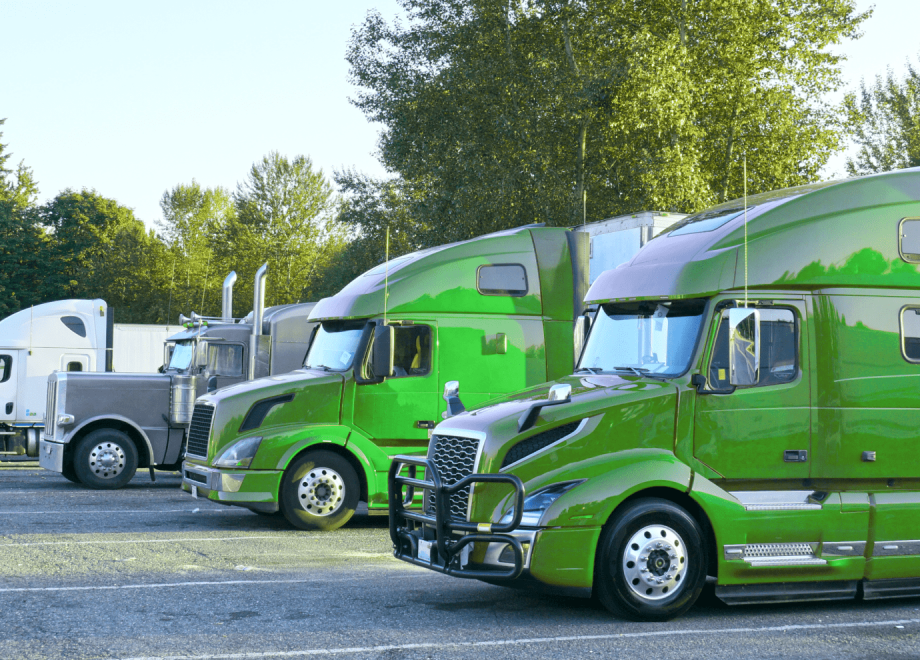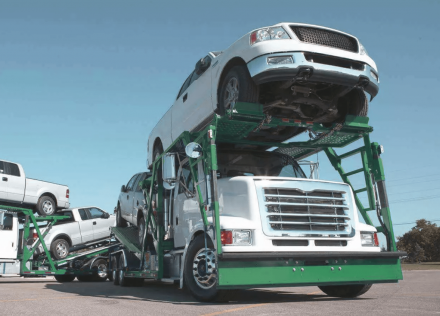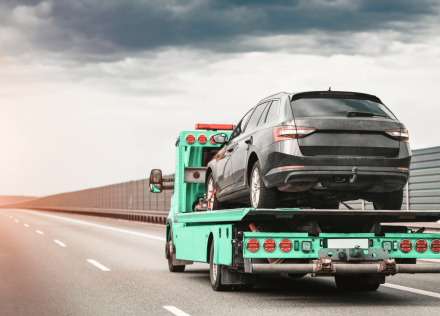
Embarking on a car transportation business? Excellent! The efficiency, reliability, and security of your operations are all at stake. A well-chosen vehicle has the potential to significantly reduce costs, enhance productivity, and keep your business running smoothly. In this guide, we meticulously explore every facet of truck selection, empowering you to make a decision that perfectly aligns with your needs and goals.
Types of Pickup Trucks for Transportation of Cars
Before choosing a particular truck, it is essential to consider the different types of trucks that can be used to transport cars. Each type has its advantages and disadvantages, depending on the scale of your business and the specifics of operations.
Pickups
Pickup trucks are a popular choice for small businesses and short routes. They are known for their agility and accessibility, making them ideal for beginners in the field.
| Advantages | Disadvantages |
| Maneuverability: these vehicles are easy to drive and can navigate through narrow streets and limited spaces, making them convenient for urban environments. | Limited carrying capacity: pickups can only carry a limited number of vehicles at a time, reducing their efficiency for large operations. |
| Lower cost: they have lower initial and maintenance costs compared to larger trucks. | Limited space: a minor cargo hold means pickups are unsuitable for carrying large or heavy vehicles. |
| Efficiency: pickups consume less fuel, which reduces operating costs. |
Medium-duty trucks
This type of pickup trucks is excellent for medium-sized operations, providing more load capacity and durability than pickups.
| Advantages | Disadvantages |
| Better load capacity: medium-duty trucks can carry more vehicles in one trip, which improves transportation efficiency. | Higher cost: the initial cost of such trucks and maintenance costs are higher than that of pickups. |
| Durability: these trucks are designed for more intensive use and longer service life. | Special license required: a special permit is usually needed to drive medium-duty trucks, adding additional costs and obligations |
| Larger space: a larger cargo bay allows larger cars and other equipment to be transported. |
Heavy duty trucks
Heavy-duty trucks are the best choice for large and long-haul operations, providing maximum performance and power.
| Advantages | Disadvantages |
| Maximum load capacity: these trucks can carry the most significant number of vehicles in a single flight, significantly improving efficiency. | High initial investment: they have a high initial cost, which can be a significant financial burden for the business. |
| Powerful engines: heavy-duty trucks are equipped with powerful engines that allow them to tow heavy loads over long distances without problems. | Maintenance costs: the cost of maintenance and repairs is higher due to the complexity and the larger pickup truck sizes. |
| Durability: these vehicles are designed for heavy-duty and are highly durable. |
Key Factors to Consider
It’s time to find out how to choose a truck – in general, you most consider several key factors, which can affect the efficiency and profitability of your business.

Lifting capacity
Load capacity is one of the most important factors when choosing a truck. You need to ensure that the selected truck can withstand the weight of several cars simultaneously. This will allow you to reduce the number of flights and improve transportation efficiency.
Tip: Pay attention to the maximum load capacity specified by the manufacturer and choose a truck with a margin to avoid overloading.
Engine power
A powerful engine is needed to tow heavy loads over long distances, especially if you are a Ridge runner and plan to transport them through mountainous or impassable areas. More powerful motors provide better performance and reliability.
Tip: Choose trucks with diesel engines, as they usually have more torque and are more economical in fuel consumption.
Fuel economy
Fuel economy is an essential factor for managing operating costs. Choosing a truck with the best fuel efficiency will help you reduce fuel costs, which is a significant plus for any business.
Tip: Explore fuel consumption by different models and choose those that perform best. Remember to consider operating conditions such as road type and average speed.
Durability and reliability
The durability and reliability of the truck directly affect your maintenance and repair costs. Choose trucks known for their durability and low maintenance costs.
Tip: Read reviews of other users and pay attention to the manufacturer's reputation. Choose models with positive feedback on their reliability and duration of service.
Don't Forget the Trailer
Choosing the right trailer is just as important as choosing the right truck. Trailers come in different types and sizes, and their choice depends on the specifics of your business and the type of cars you plan to transport.
There are two main types of trailers:
- Open trailers: they are ideal for transporting new or used cars over short distances. Also, they are more affordable and easier to use, but less protected from weather conditions and theft.
- Closed trailers: they offer better protection for cars but cost more. These trailers are ideal for transporting expensive or classic cars over long distances.
To make the right choice, we recommend reading our full guide:
Simplified Choice: From Experience
If you are looking for a simple and reliable choice that has already passed the test of time and received positive feedback from industry veterans, the Ford F-150 may be the perfect option. This truck is known for its ability to combine power, load capacity, and reliability, making it an excellent choice for transporting cars.

So, why choose the Ford F-150?
- Balance of power and carrying capacity: the Ford F-150 has a powerful engine that provides enough power to tow heavy loads and a high carrying capacity that allows you to transport several cars simultaneously.
- Reliability: user reviews confirm that the Ford F-150 is highly reliable and durable. This is important for minimizing maintenance and repair costs.
- Comfort and safety: the truck provides comfortable conditions for the driver, which is essential for long-term transportation. It also has modern safety systems that enhance safety while driving.
Real case and feedback from industry veterans
In the truck market, defining your needs is crucial. Consider what you are hauling, the size, weight, distance, and terrain. For instance, if you are transporting heavy and rigid materials over varied terrain, you need a robust and reliable vehicle. The Ford F-150 has proven itself in such scenarios, providing the necessary power and durability.
One user shared their experience:
"Ford: F150 crew cab – great for going to the grocery store and Home Depot for flower pots with the family while acting like Ricky Race King when you are alone. If you are going to utilize a truck for being truck and hauling, towing, carrying, and getting around a job and all that terrain and weather can bring, don't skimp on the drivetrain or you will just overrun the hell out of it and be running back into the dealer - a lot."
This user's satisfaction with the Ford F-150 is a testament to its performance and reliability, providing reassurance to potential buyers. This feedback highlights the F-150's versatility and reliability, making it a standout choice for those who need a dependable truck to haul cars, suitable for both everyday use and heavy-duty tasks.
Conclusion
Choosing the right truck to transport cars is a difficult task but extremely important for your business's success. By selecting a vehicle that meets your needs and operating conditions, you can guarantee the efficiency and reliability of your operations. In general, you have to perform:
- Needs analysis: consider your business's specifics, traffic volumes, and routes. Determine which type of truck best meets your requirements.
- Assessment of the main factors: pay attention to load capacity, engine power, fuel economy and reliability. Select the model that best combines these settings.
- Taking into account additional factors: remember the importance of choosing the right trailer and attachment system. This will help ensure the safety and efficiency of transportation.
Also, if you are starting a business in car transportation, we recommend that you familiarize yourself with our guide on how to start a car transportation business. It provides additional tips and insights to help you start successfully.









